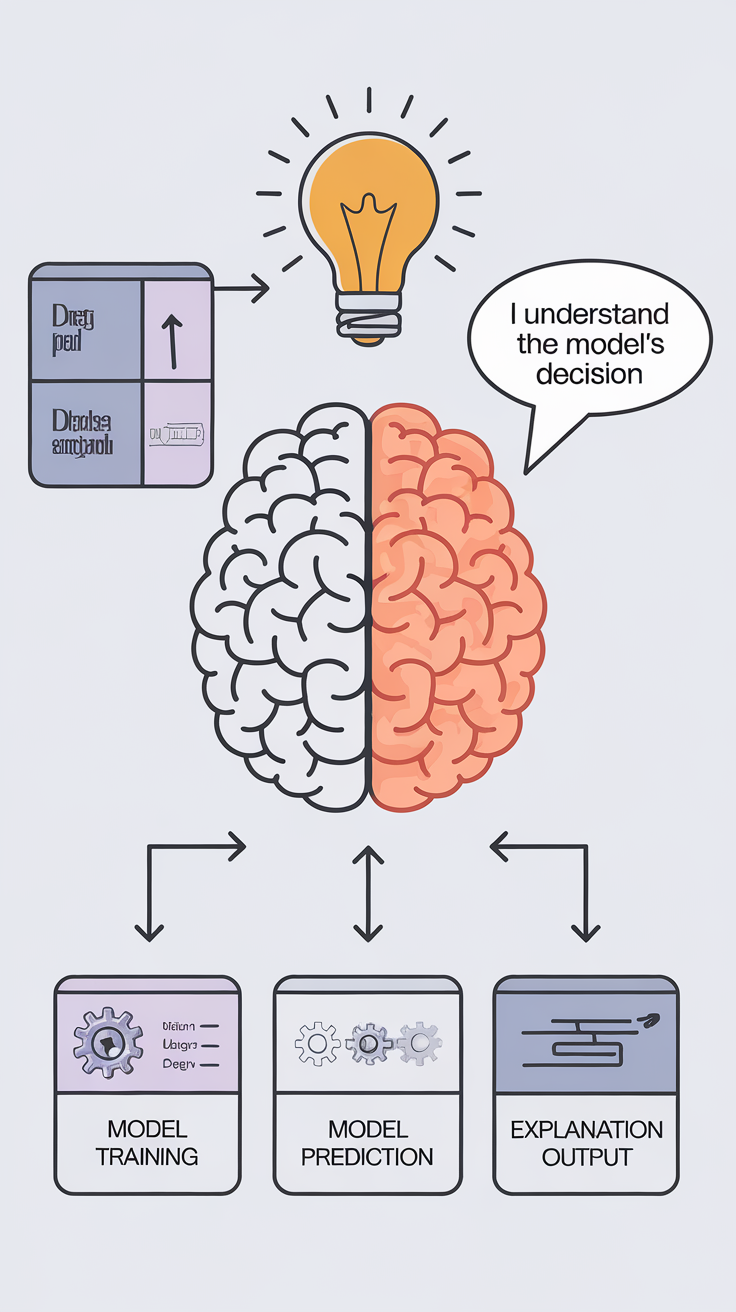The Science of Portion Control: How Mindful Eating Can Transform Your Weight Loss Journey
Last Updated: July 22, 2025 at 6:00:45 AM UTC
Mindful eating and portion control are often overlooked aspects of weight loss, but they hold the key to sustainable results. Learn how to harness the power of mindful eating to achieve your weight loss goals.

In the world of weight loss, there's no shortage of advice on what to eat and what to avoid. But amidst the noise, two crucial factors are often overlooked: mindful eating and portion control. These skills are the unsung heroes of weight loss, capable of transforming your relationship with food and your body. In this post, we'll delve into the science behind mindful eating and portion control, exploring how these habits can help you achieve sustainable weight loss.
The Power of Mindful Eating
Mindful eating is the practice of paying attention to your physical and emotional sensations while eating. It's about savoring each bite, noticing the flavors, textures, and aromas, and eating slowly. This approach has been shown to have a profound impact on weight loss, as it:
- Reduces stress and anxiety: When we're stressed, we often turn to comfort foods, which can lead to overeating. Mindful eating helps to calm the mind and body, reducing the likelihood of emotional eating.
- Increases satiety: When we eat slowly and savor our food, our brain has time to register feelings of fullness, reducing the likelihood of overeating.
- Improves digestion: Mindful eating encourages us to chew our food thoroughly, which can improve digestion and reduce symptoms of bloating and discomfort.
The Science of Portion Control
Portion control is a critical aspect of weight loss, as it helps us maintain a healthy caloric intake and avoid overeating. The science behind portion control is simple: when we eat smaller portions, we consume fewer calories, which can lead to weight loss. But portion control is more than just about calorie counting – it's also about developing a healthier relationship with food.
- Reduces calorie intake: Eating smaller portions reduces the overall number of calories we consume, which can lead to weight loss.
- Improves food quality: When we eat smaller portions, we're more likely to focus on whole, nutrient-dense foods, rather than relying on processed snacks.
- Increases self-awareness: Portion control requires us to pay attention to our hunger and fullness cues, developing a greater awareness of our eating habits and body's needs.
Putting Mindful Eating and Portion Control into Practice
So, how can you incorporate mindful eating and portion control into your daily routine? Here are a few tips to get you started:
- Eat slowly: Take your time when eating, and savor each bite.
- Pay attention to hunger and fullness cues: Stop eating when you feel satisfied, rather than stuffed.
- Use smaller plates: Serve your meals on smaller plates to reduce the amount of food you eat.
- Eat with others: Sharing meals with others can help you stay mindful and engaged with your food.
Conclusion/Key Takeaways
Mindful eating and portion control are powerful tools for weight loss, capable of transforming your relationship with food and your body. By incorporating these habits into your daily routine, you can develop a healthier approach to eating, reduce stress and anxiety, and achieve sustainable weight loss. Remember, weight loss is a journey, and it's not about depriving yourself of your favorite foods – it's about developing a healthier, more mindful approach to eating.











